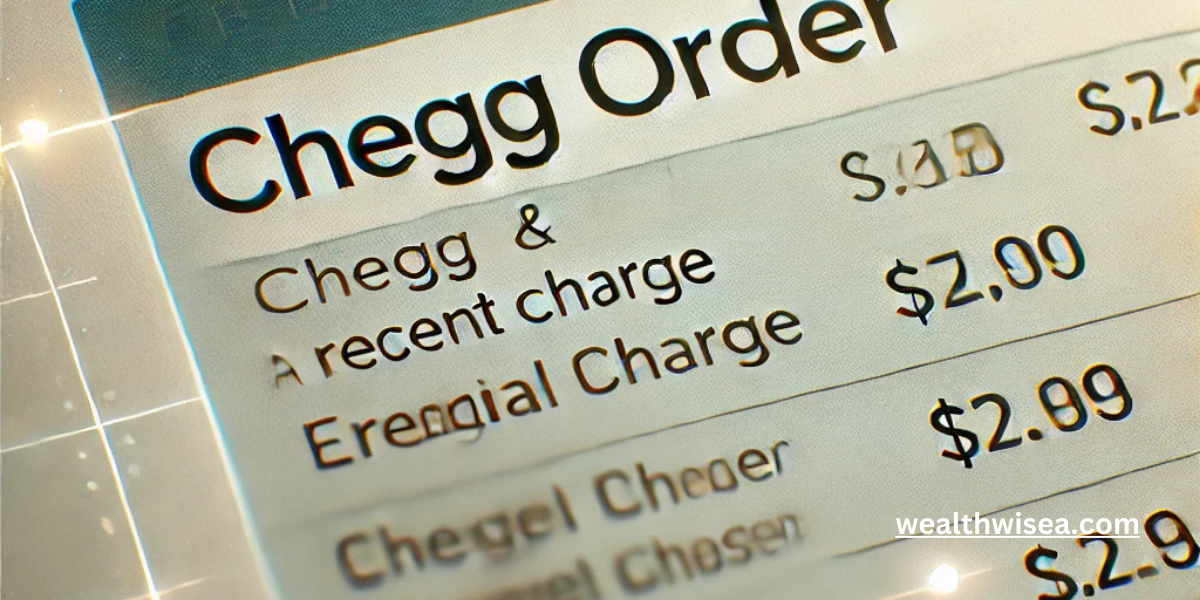Can a Lawyer Request Bank Statements from You?

When you’re involved in legal matters, especially those related to finances or personal disputes, a common concern is whether a lawyer can ask for your financial information. So, can a lawyer request bank statements from you? The answer is yes, under certain circumstances. This request usually arises when financial transparency is essential to resolving a legal issue. In this article, we’ll break down when and why a lawyer might request your bank statements, how this process works, and what your rights are when facing such a request.

Why Would a Lawyer Request Your Bank Statements?
Lawyers often request bank statements as part of the discovery process in legal proceedings. Discovery allows both parties in a legal case to gather relevant information and evidence. If your financial activities are central to the case, your bank records may be requested. Here are the most common reasons:
1. Divorce and Family Law Cases
In divorce or separation cases, especially those involving alimony, child support, or asset division, your financial situation plays a significant role. A lawyer might request your bank statements to confirm your income, track spending patterns, or identify hidden assets. Full financial disclosure ensures that settlements or court orders are fair and based on accurate information.
2. Lawsuits Involving Financial Disputes
If you’re involved in a lawsuit over a financial dispute—such as a breach of contract, unpaid debts, or fraud—lawyers may request your bank statements to trace transactions and verify payments. This can help establish timelines, verify claims, or expose inconsistencies in the other party’s story.
3. Criminal Cases
In criminal investigations involving financial misconduct, such as embezzlement, money laundering, or fraud, bank statements are crucial pieces of evidence. Investigators can use them to track the flow of funds and identify illegal transactions. If you’re facing such charges, expect your financial history to be closely examined.
4. Tax Audits or Disputes
In cases where taxes are involved—whether it’s an audit or a dispute with the IRS—lawyers may request your bank statements to verify income and expenses. These documents can show whether you underreported income or claimed deductions you weren’t entitled to.
5. Debt Collection Cases
When creditors pursue unpaid debts, they may seek to assess your financial situation by requesting your bank statements. This helps determine whether you have the ability to pay or if legal actions such as wage garnishment or asset seizure are necessary.
Are You Legally Obligated to Provide Bank Statements?
If a lawyer requests your bank statements as part of legal proceedings, you may be legally obligated to provide them. Generally, this happens through a subpoena—a legal document that requires you to produce certain records. Once you receive a subpoena, you must comply unless your lawyer successfully challenges it in court.

Can You Refuse to Provide Bank Statements?
Refusing to comply with a subpoena for your bank statements can lead to serious consequences, including fines, penalties, or even dismissal of your case. However, if you believe the request is too broad or irrelevant, your lawyer can file a motion to quash or modify the subpoena, limiting the scope of what you need to provide.
How Far Back Can Lawyers Request Bank Statements?
Another frequently asked question is, how far back can a lawyer request bank statements? The answer depends on the nature of the case. In some situations, lawyers may request only a few months of statements, while in others, they may ask for records going back several years. For example, in divorce cases, financial records might be requested for the past 3 to 5 years to assess patterns of spending or hidden assets. In tax disputes, the IRS typically looks at a 3-year window but can extend this period in cases of suspected fraud.
What if the Bank Statements Show Unusual Transactions?
You might be concerned that your bank statements reveal transactions that could be misunderstood in a legal context. For instance, what if your statements show gambling activity? Are these documents sufficient proof? In cases where gambling losses are relevant, they can indeed be used as evidence. Learn more about how Bank Statements Serve as Proof of Gambling Losses and whether they can support your case.
Similarly, if you notice unfamiliar transactions like 365 Market appearing on your bank statement, it could be unrelated to the legal matter at hand but may still raise questions. If you’re curious, check out What is 365 Market on Bank Statement? for clarification on these charges.
Can Bank Statements Be Used to Track Hidden Assets?
A common reason lawyers request bank statements, especially in cases involving divorce or business disputes, is to track hidden assets. For instance, if one party believes the other is hiding money in secret accounts, a detailed review of bank statements can reveal irregular transfers, unusual withdrawals, or hidden income. In such cases, bank statements serve as a powerful tool for uncovering financial dishonesty.
What Are Your Rights in Protecting Your Privacy?
Even though lawyers can request your bank statements, it doesn’t mean they can access every detail of your financial life without reason. You have rights, and your lawyer can challenge overly broad requests to protect your privacy. If a request for bank statements is not directly relevant to the case or is too invasive, your attorney can argue to limit the scope or block the request entirely.
When Can You Challenge a Request for Bank Statements?
If you feel that the request for bank statements is unnecessary or too intrusive, your lawyer can file a motion to challenge it. The court will then decide whether the request is justified and to what extent you need to provide documentation. It’s essential to work with your lawyer to ensure that your rights are protected while complying with legal requirements.
Conclusion
In summary, can a lawyer request bank statements from you? Yes, they can, but only if it’s relevant to the case. Whether it’s a divorce settlement, a financial dispute, or a criminal investigation, bank statements are valuable tools for assessing financial information and resolving legal issues. If you’re served with a request, it’s important to comply with the law while working closely with your lawyer to protect your rights and privacy.
When facing a request for financial documents, knowing your legal obligations and rights will help you navigate the process smoothly, ensuring that you provide the necessary information without compromising your personal privacy.
FAQs
1. Can a lawyer request bank statements from you?
Yes, a lawyer can request your bank statements if they are relevant to the legal case. This typically happens during the discovery process, where both parties collect evidence. In many cases, a subpoena will be issued to compel you to provide these documents.
2. What is a subpoena, and how does it relate to bank statements?
A subpoena is a legal document that requires you to provide certain records, such as bank statements, in connection to a legal case. If you receive a subpoena for your bank records, you are legally obligated to comply unless your lawyer successfully challenges it.
3. In which types of cases can lawyers request bank statements?
Lawyers may request bank statements in various cases, including:
- Divorce and family law (to verify income or assets)
- Financial disputes or lawsuits (to trace payments or uncover fraud)
- Criminal investigations involving financial misconduct
- Debt collection cases or tax audits
4. Do I have to provide bank statements if a lawyer asks for them?
If a lawyer requests your bank statements through a subpoena, you are generally required to provide them. However, your lawyer can contest the request if it’s overly broad or irrelevant to the case.
5. How far back can a lawyer request bank statements?
The time period for which bank statements can be requested depends on the nature of the case. For example, in divorce cases, lawyers might request 3 to 5 years of financial records, while tax audits might focus on the past few years unless fraud is suspected.
6. Can I refuse to provide my bank statements?
You can refuse to provide bank statements if the request is not backed by a subpoena, or if the subpoena is unjustified. However, refusing to comply with a court-ordered subpoena may result in legal penalties.
7. How can I protect my financial privacy when a lawyer requests bank statements?
If you believe the request for your bank statements is overly intrusive, your lawyer can file a motion to limit the scope of the request. The court may then decide to narrow the range of documents required.
8. Can bank statements be used to track hidden assets?
Yes, bank statements can reveal hidden assets by showing suspicious transfers, hidden accounts, or large unexplained withdrawals. This is common in cases like divorce or financial disputes where one party suspects the other of concealing funds.
9. What if my bank statements show unusual transactions?
If your bank statements include unfamiliar or unusual transactions, such as gambling activities or charges from services like 365 Market, they may raise questions in court. You can learn more about these transactions through articles like What is 365 Market on Bank Statement?.
10. Are bank statements enough proof of gambling losses in legal cases?
Yes, bank statements can be used as evidence of gambling losses if they are relevant to your legal case, especially in tax or financial disputes. Learn more by reading Are Bank Statements Proof of Gambling Losses?.
11. What are my options if I believe a request for bank statements is unfair?
If you feel that a lawyer’s request for your bank statements is too broad or unrelated to the case, your lawyer can file a motion to challenge the request. The court will then review the motion and decide whether the request is appropriate.




